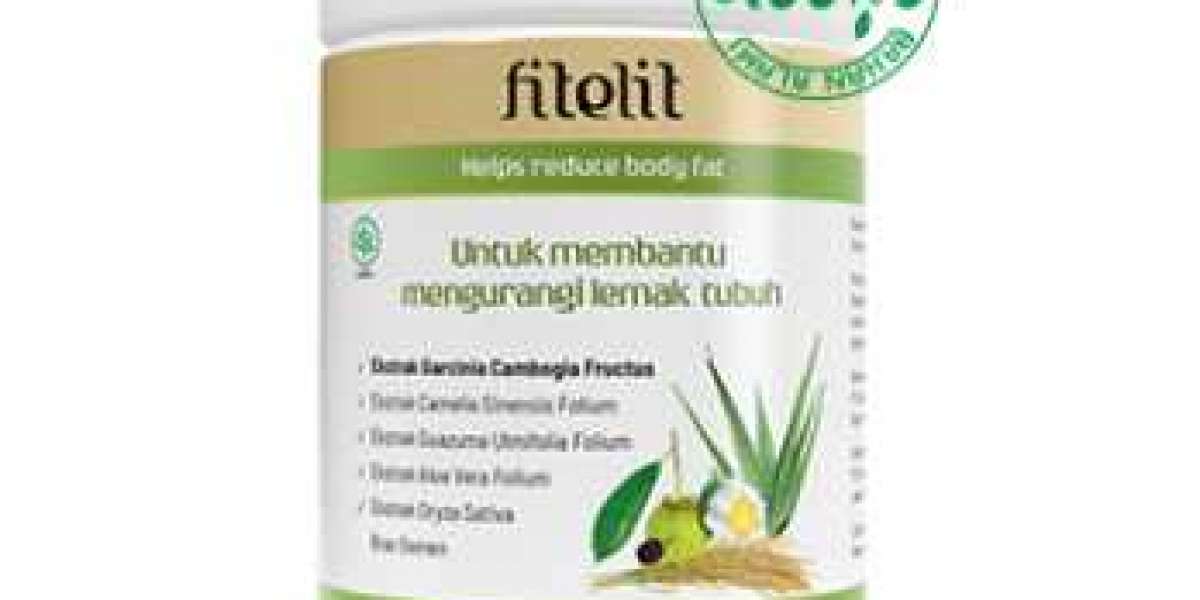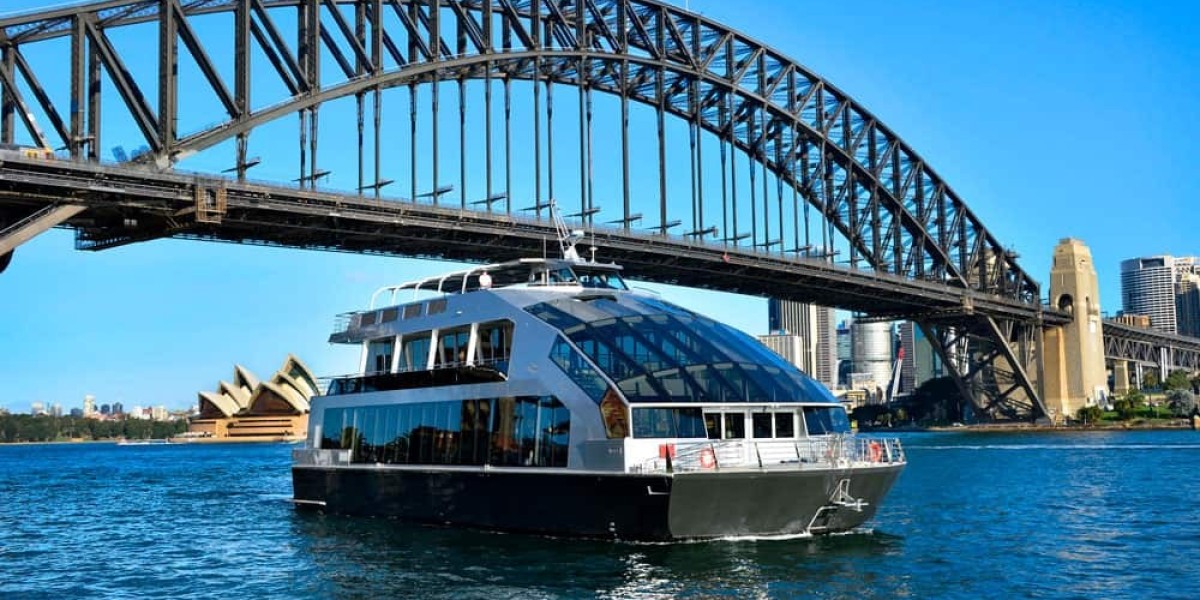Interview questions are an essential part of the hiring process, providing employers with a structured method for evaluating candidates and assessing their suitability for a particular role. These questions serve as a tool to gauge a candidate’s qualifications, skills, experience, and cultural fit within the company. There are two main types of interview questions: behavioral and technical. Behavioral questions are designed to uncover how a candidate has responded to situations in the past, offering insight into their work ethic, problem-solving abilities, and decision-making skills. On the other hand, technical questions focus on a candidate’s specific knowledge or expertise related to the job. Crafting the right interview questions is a key skill for interviewers, as they must not only gather relevant information but also ensure a positive and fair experience for the candidate.
Behavioral interview questions are based on the premise that past behavior is the best indicator of future behavior. These questions often start with phrases like “Tell me about a time when…” or “Give me an example of…” and prompt candidates to describe specific situations they’ve encountered in previous roles. By asking candidates to recount real-life examples, employers can gain valuable insights into how the candidate approaches challenges, handles conflict, works in teams, and manages stress. For example, a common behavioral question might be, “Tell me about a time when you had to meet a tight deadline. How did you handle it?” Such questions allow candidates to showcase their problem-solving abilities and interpersonal skills, and they provide interviewers with concrete evidence of the candidate’s competencies in action.
Technical interview questions are especially relevant for roles that require specific knowledge, such as engineering, programming, accounting, or any other field where expertise is critical. These questions evaluate a candidate’s understanding of industry-specific concepts, processes, tools, or software. For example, a software developer might be asked to solve coding problems or explain algorithms, while an accountant might be asked to discuss tax laws or financial reporting procedures. Technical questions are designed to test the depth of a candidate’s knowledge and their ability to apply that knowledge to real-world scenarios. In some cases, technical interviews might involve hands-on exercises or case studies, allowing the candidate to demonstrate their expertise in a practical setting. For interviewers, technical questions are essential for ensuring that candidates possess the necessary skills to succeed in the role.
In addition to behavioral and technical questions, situational interview questions are also commonly used. These questions ask candidates how they would respond to hypothetical situations, offering insight into their problem-solving and critical thinking skills. Situational questions are useful for testing a candidate’s ability to think on their feet, especially when dealing with challenges that may not be covered by past experiences UK interview. An example of a situational interview question might be, “If you were leading a project and the client changed their requirements midway through, how would you handle the situation?” These types of questions help employers assess how candidates approach problem-solving, whether they are proactive or reactive, and how well they can adapt to changing circumstances. In many ways, situational questions can help interviewers predict how a candidate might perform in future scenarios that are similar to those the company might face.
While traditional interview questions focus on assessing the candidate’s qualifications and fit for the role, cultural fit questions are designed to determine how well a candidate’s values, attitudes, and work style align with the company’s culture. These questions help interviewers understand whether a candidate will thrive in the company’s environment and work collaboratively with the team. For example, a company with a strong emphasis on teamwork might ask, “How do you handle working in a collaborative team setting?” or “Can you give an example of a time when you had to resolve a conflict with a coworker?” These types of questions are important because they provide insight into how a candidate will contribute to the overall dynamics of the workplace, and whether their personality and work style align with the company’s values and mission.
Another crucial aspect of the interview process is the open-ended question, which encourages candidates to speak freely about their experiences, motivations, and aspirations. Open-ended questions allow interviewers to understand the candidate’s thought process, personality, and long-term goals. A classic example of an open-ended question might be, “What are your greatest strengths and weaknesses?” or “Where do you see yourself in five years?” These questions give candidates the opportunity to reflect on their career and personal development, while also giving interviewers a sense of their self-awareness and ambition. Open-ended questions are also useful for building rapport and creating a more conversational interview atmosphere, which can help candidates feel more comfortable and open during the interview process.
Lastly, interview questions also play a role in assessing a candidate’s ability to communicate effectively. Communication is a key skill in almost every role, whether the job requires customer interaction, collaboration within teams, or presenting information to stakeholders. Throughout the interview, the way a candidate answers questions—clarity, conciseness, confidence—can offer insights into their communication style. Interviewers may also use follow-up questions to delve deeper into the candidate’s responses or to clarify specific points. These follow-up questions help to ensure that the interview provides a comprehensive understanding of the candidate’s qualifications and fit for the role. Additionally, how a candidate responds to tough or unexpected questions can demonstrate their ability to think quickly and handle pressure, further informing the interviewer's decision-making process.
In conclusion, interview questions are a vital tool in the hiring process, helping employers assess a candidate’s technical abilities, behavioral tendencies, and cultural fit. Well-crafted interview questions not only provide valuable insights into the candidate’s qualifications but also help create a structured, fair, and engaging interview experience. By asking a mix of behavioral, technical, situational, and cultural fit questions, interviewers can gather a holistic view of the candidate and make informed hiring decisions. At the same time, the interview process offers candidates the opportunity to showcase their skills and experiences, allowing them to demonstrate why they are the right fit for the job and the organization. Ultimately, the quality of interview questions can significantly impact the outcome of the hiring process, helping to ensure a good match between the candidate and the role.
anus hamid
18 Blog posts



